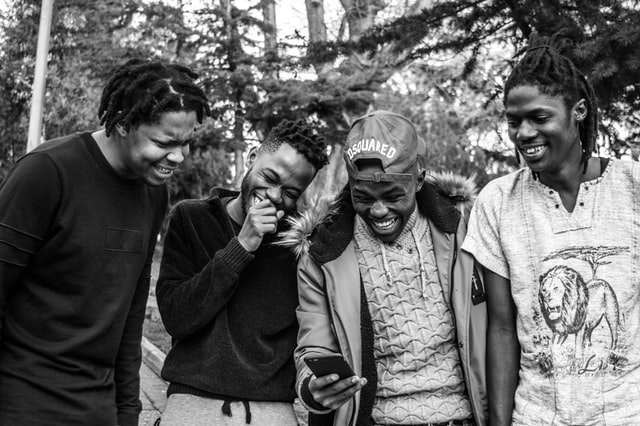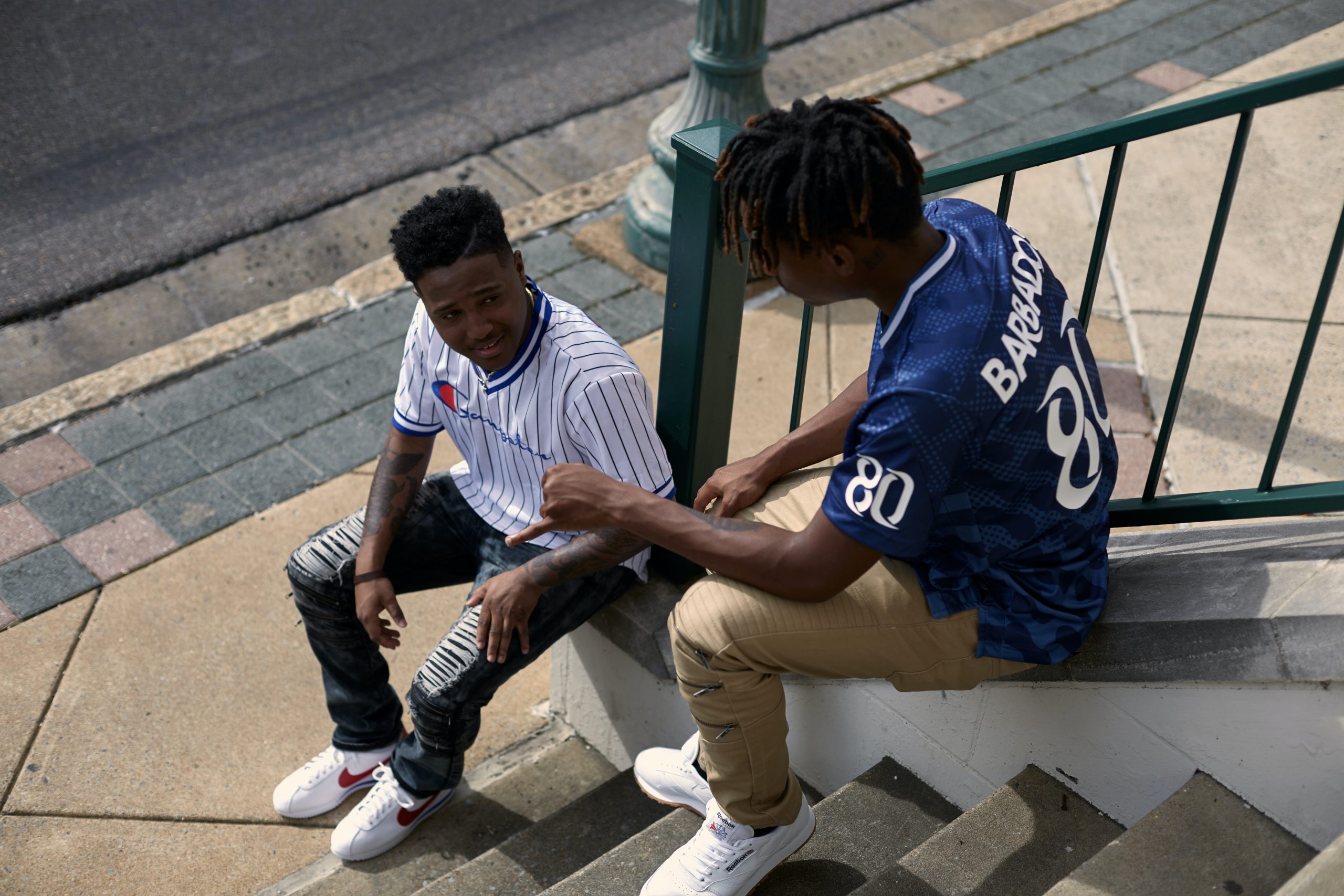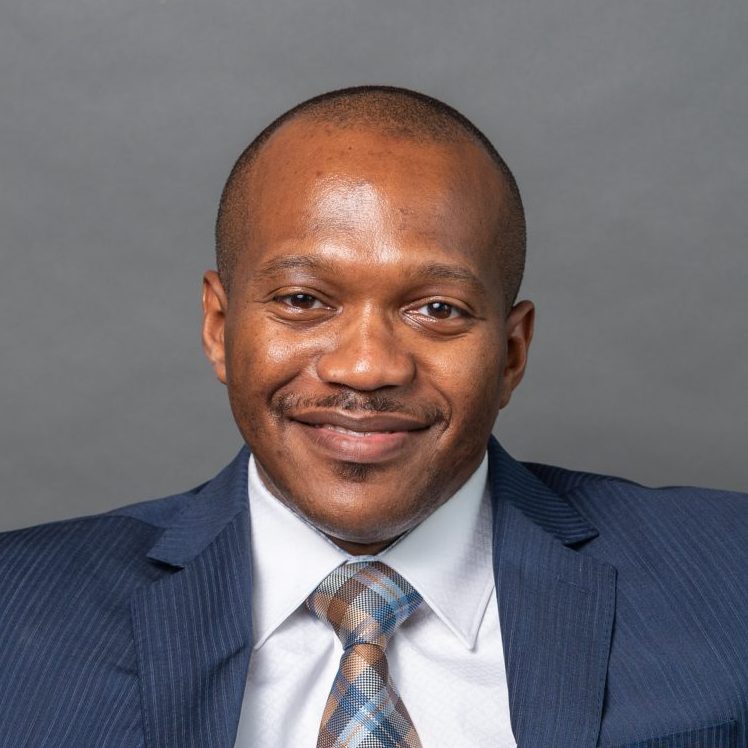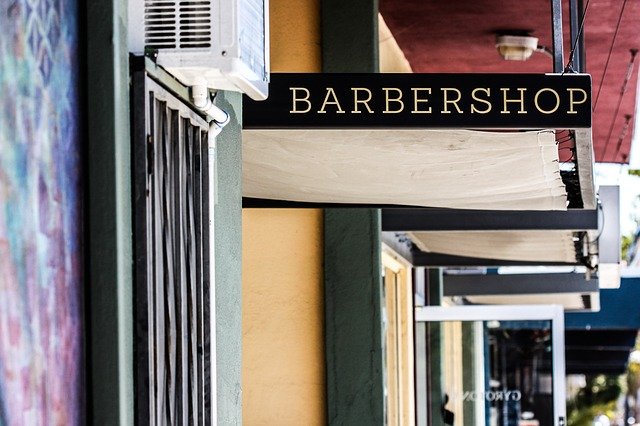While the United States of America has engaged in more dialogue (albeit sometimes dissenting talk at one another) in recent years as a result of Black Lives Matter and video recordings that show multiple assaults and killings of unarmed black people, it is clear that living in a racist country has harmful effects on the mental health of black men.
Too often in America and across the globe, Black people are not seen as powerful, intelligent, and beautiful according to the metrics of dominant U.S. and European society. One of the effects of this realitiy is internalized oppression—a process in which black people can unconsciously—and sometimes consciously—reject, devalue, and hate themselves as an extention of societies hatred towards them.
Given the urgency of the situation facing black men—and black people as a whole—one might wonder with passion: What is society waiting on to respond to this urgent crisis facing black citizens of the United States and throuhgout the world? What is keeping society as a whole back from passionatelly working to understand the importance and need to promote the well-being to black men?
Check out the paperback edition of Nicholas Grier’s book Care for the Mental and Spiritual Health of Black Men, available at Amazon and Barnes & Noble.
Mental health issues should be highlighted as priorities in the United States’ pursuit of progress and innovation. Specifically, the mental health of black people and black men must be a priority if the United States wants to live more fully into its vision of a more just nation. Simply put: The systemic causes of black suffering require systemic solutions. This starts with us working together as a national and global communiy.
Below are solutions and actions that can be taken now as a national and global community:
- Develop, support, and invest in studies and conversations on the mental health of black men;
- Listen to black communities and take seriously their perspectives at powerful decision-making tables ;
- Listen to the unique and diverse voices in black communities. I highlight this recommendation to drive home the point that black people are not all alike. They are different. It is important to acknowledge difference in black communities and to make space to understand all perspectives from diverse black people;
- See and acknowlege the achievements of black people;
- Support, promote, and invest in counseling services for black men in a way that facilitates their survival, liberation, healing, and flourishing.
These recommendations help promote the main objective: working together as a national and global community to change the status quo. The goal is to call all members of society to engage in an exercise of listening and introspection, abandoning the practices that do not provide a pathway for black men to heal, experience liberation, and flourish.
What is the purpose of this cause?
The purpose of these recommendations is to help citizens and leaders of the United States and global village better understand and transform reality. These tools that help to promote mental health for the black population are in direct alignment with black psychology.
It is important to note that mental health is as important as spiritual health. “Black liberation psychology recognizes spirituality as an important factor in the healing and liberation of marginalized people”. (Jones, 2003) When we integrate psychological and spiritual health as one in the same, we can participate in actions that facilitate optimal well-being for black men.
Emotional and Psychological Healing of Black Men
I end this blog by naming two important dimensions of liberation that are essential for nurturing the mental well-being of black men. U.S. and global communities must do at least two things: 1) nurture the emotional and psychological healing of black men; and 2) challenge black men to resist sexist, Black machoistic, and homophobic ways of being a black man.
Healing is a critically important dimension of black men’s journey towards liberation. There is the phrase that “hurting people hurt other people.” This is true, certainly, for black men. Society, the media, and people in everyday life are frequently not kind to black men.

Demeaning and degrading treatment towards black men cause hurt. There are not too many spaces where black men can openly admit their hurt and process it.
This speaks to the urgency for communities to nurture spaces where black men can process their experiences and seek healing. Healing means that we acknowledge the wrongs that have been done to black men and encourage society as a whole—and people in the lives of Black men—to acknowledge the hurt done to black men where hurt has been done.
I want to be clear that I am not advocating for people to apologize to black men if a black man has caused another person harm.
However, what I am referring to here is for communnites to work together to acknoweldge the experiences of black men, acknolwedge the hurt done to Black men, acknowledge the everyday struggles of being a black man, and to make right what has been made wrong (including reparations) as a result of oppression, injustice, and hurtful ways of relating to black men that do not nurture their survival, healing, liberation, and flourishing.
Focus on the healing of black men is urgent. We, as local, national, and global communities must work to nurture the healing of black men.
Challenging Sexist, Black Machoistic, & Homophobic Black Male Identities
Equally important, the communitiy must work together to challenge black men to resist sexist, black machoistic, and homophobic ways of being a black man. Too often, people have conversations on black male identity in ways that continue the legacy of sexism, black machoism, and homophobia in black males. These ways of being a black male must be disrupted to nurture more life-giving possibilites of being both black and male.
A Vision for the Future
It is possible for black men to embody identities that also nurture the flourishing of women and LGBTQIA citizens of the Earth. Black male identities should be set free from the constraints of sexism, black machoism, and homophobia. It is possible to be a loving black male and still be considered a black man while experiencing healing. In fact, I suggest that living life free of the constratins of sexism, black machoism, and homophobia is the ultimate—most noble—way of being a black man.
When the U.S. and global community intentionally works to nurture the healing of black men and dismantle sexist, black machoistic, and homophobic ways of being a black man, amazing possiblities for the survival and flourishing of black men emerge.
Check out the paperback edition of Nicholas Grier’s book Care for the Mental and Spiritual Health of Black Men, available at Amazon and Barnes & Noble.




